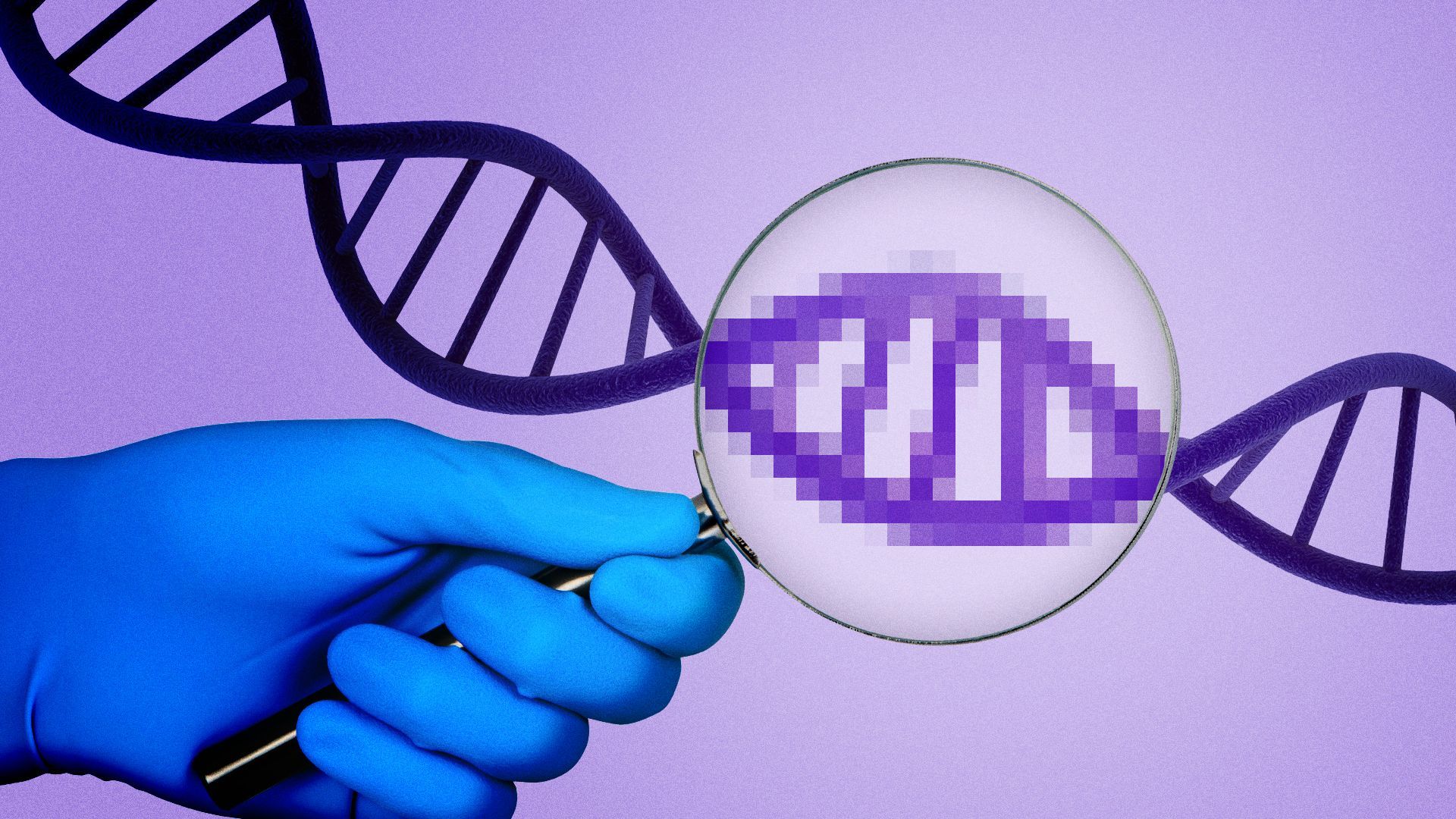Nov 14, 2023 - News
Gene-editing treatment cuts cholesterol in small study
Add Axios as your preferred source to
see more of our stories on Google.

Illustration: Maura Losch/Axios
Add Axios as your preferred source to
see more of our stories on Google.

Illustration: Maura Losch/Axios